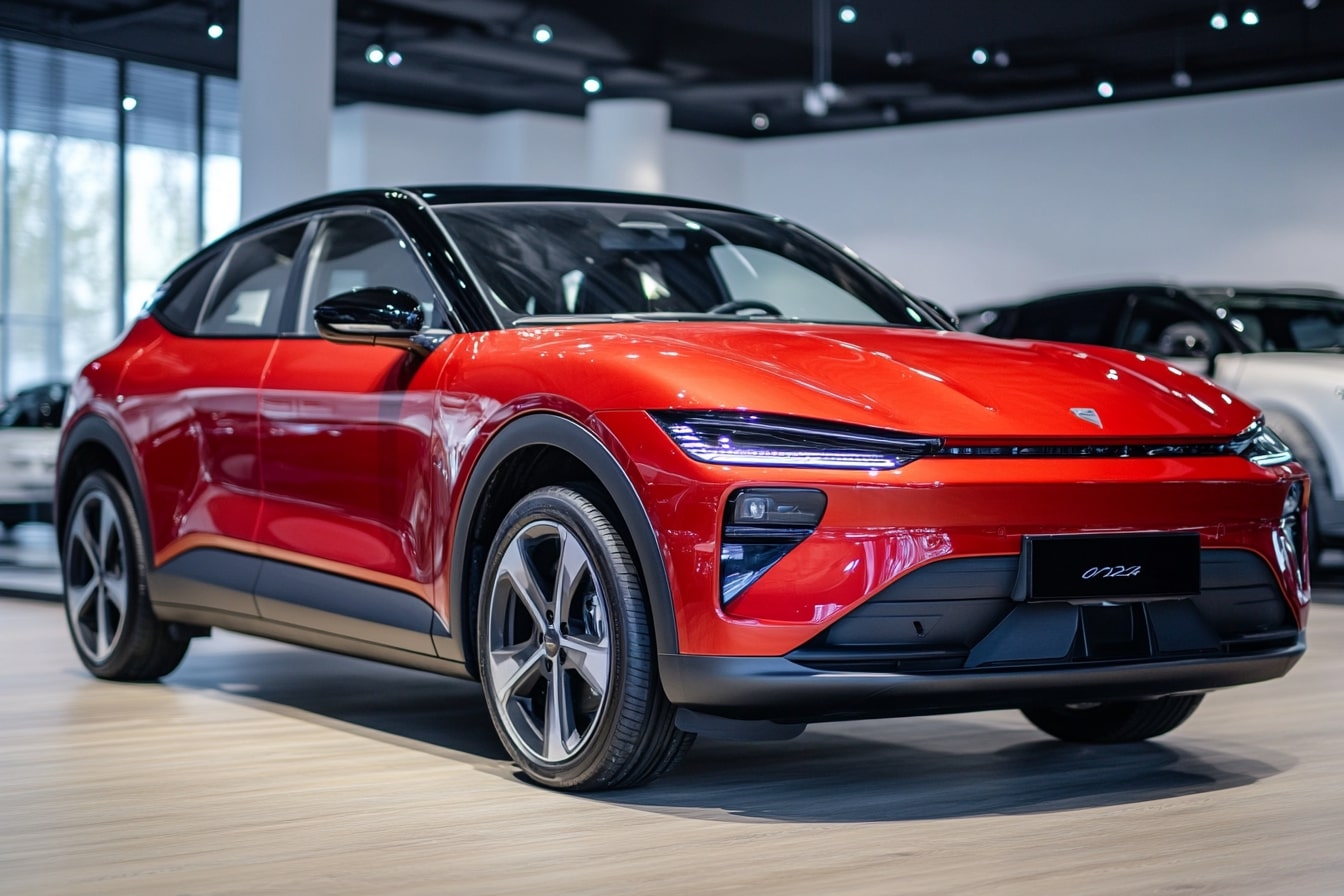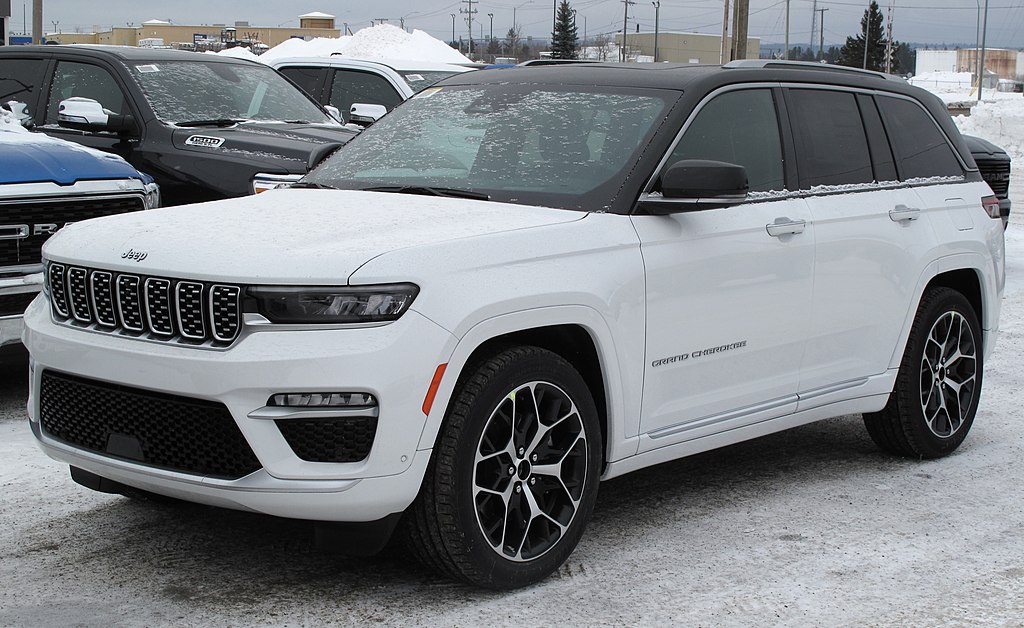Best SUV Deals: Your Guide to Smart Vehicle Shopping
Finding the perfect SUV at the right price requires understanding current market trends, seasonal patterns, and dealer incentives. Today's SUV market offers unprecedented variety, from compact crossovers to full-size family haulers, each with distinct pricing strategies and promotional opportunities. Smart shoppers who know when and where to look can save thousands on their next vehicle purchase.

What Makes SUV Deals Attractive Right Now?
The current automotive landscape presents unique opportunities for SUV buyers. Manufacturers are offering competitive financing rates, cash rebates, and lease specials to maintain market share in an increasingly crowded segment. Many dealerships are also providing additional incentives such as extended warranties, maintenance packages, and loyalty discounts for returning customers.
Inventory levels have stabilized compared to recent years, giving buyers more negotiating power. End-of-model-year clearances, holiday promotions, and quarterly sales pushes create windows where significant savings become available. Electric and hybrid SUV options are also driving down prices on traditional gasoline models as dealers make room for newer technology.
How Do Seasonal Patterns Affect SUV Pricing?
Understanding seasonal buying patterns can help you time your purchase for maximum savings. Late fall and winter months traditionally offer the best deals as dealers clear inventory before new model years arrive. September through November often features manufacturer incentives designed to boost sales before year-end.
Spring and early summer typically see higher prices due to increased demand, while late summer presents opportunities as dealers prepare for fall inventory. Holiday weekends like Memorial Day, Labor Day, and year-end holidays frequently coincide with promotional events offering enhanced rebates and financing terms.
Which SUV Categories Offer the Best Value?
Compact and midsize SUVs currently provide the strongest combination of features and affordability. Three-row SUVs often carry higher incentives due to their higher price points and more selective buyer pool. Luxury SUVs may offer substantial lease deals as manufacturers compete for market share in the premium segment.
Electric SUVs benefit from federal tax credits up to $7,500, plus potential state and local incentives. These credits effectively reduce the purchase price, making electric options competitive with traditional powertrains. Hybrid SUVs occupy a middle ground, offering fuel efficiency improvements with smaller price premiums.
What Financing Options Maximize Your Savings?
Low-interest financing promotions are common across the SUV market, with rates often ranging from 0.9% to 3.9% APR for qualified buyers. Cash rebates typically range from $1,000 to $5,000, depending on the model and current inventory levels. Lease deals may offer lower monthly payments but require careful consideration of mileage limits and wear charges.
Trade-in values remain strong for late-model SUVs, providing additional negotiating leverage. Some manufacturers offer loyalty programs providing extra rebates for customers trading in the same brand. Military, student, and professional discounts can add another layer of savings for eligible buyers.
| SUV Category | Popular Models | Typical Incentive Range | Best Deal Timing |
|---|---|---|---|
| Compact SUV | Honda CR-V, Toyota RAV4, Nissan Rogue | $1,000-$3,000 | Fall/Winter |
| Midsize SUV | Ford Explorer, Chevrolet Traverse, Hyundai Santa Fe | $2,000-$4,000 | Model Year-End |
| Full-Size SUV | Chevrolet Tahoe, Ford Expedition, Toyota Sequoia | $3,000-$6,000 | Holiday Weekends |
| Luxury SUV | BMW X5, Mercedes GLE, Audi Q7 | $2,000-$5,000 + Lease Specials | Spring/Summer |
Prices, rates, or cost estimates mentioned in this article are based on the latest available information but may change over time. Independent research is advised before making financial decisions.
How Should You Approach SUV Deal Negotiations?
Successful SUV negotiations start with research and preparation. Know the invoice price, current incentives, and local market conditions before visiting dealerships. Multiple quotes from different dealers help establish competitive benchmarks and identify the best overall package.
Consider the total cost of ownership beyond the purchase price, including insurance, fuel efficiency, maintenance costs, and projected resale value. Extended warranty options, gap insurance, and protection packages should be evaluated separately from the vehicle deal itself.
Documentation and pre-approval for financing provide negotiating advantages and help avoid dealer markup on interest rates. Be prepared to walk away if terms don’t meet your requirements, as this often leads to improved offers.
The SUV market continues evolving with new technologies, changing consumer preferences, and competitive manufacturer strategies. Current deals reflect this dynamic environment, offering savvy buyers numerous opportunities to secure excellent value on their next vehicle purchase. Success comes from combining market knowledge with strategic timing and thorough preparation during the buying process.






